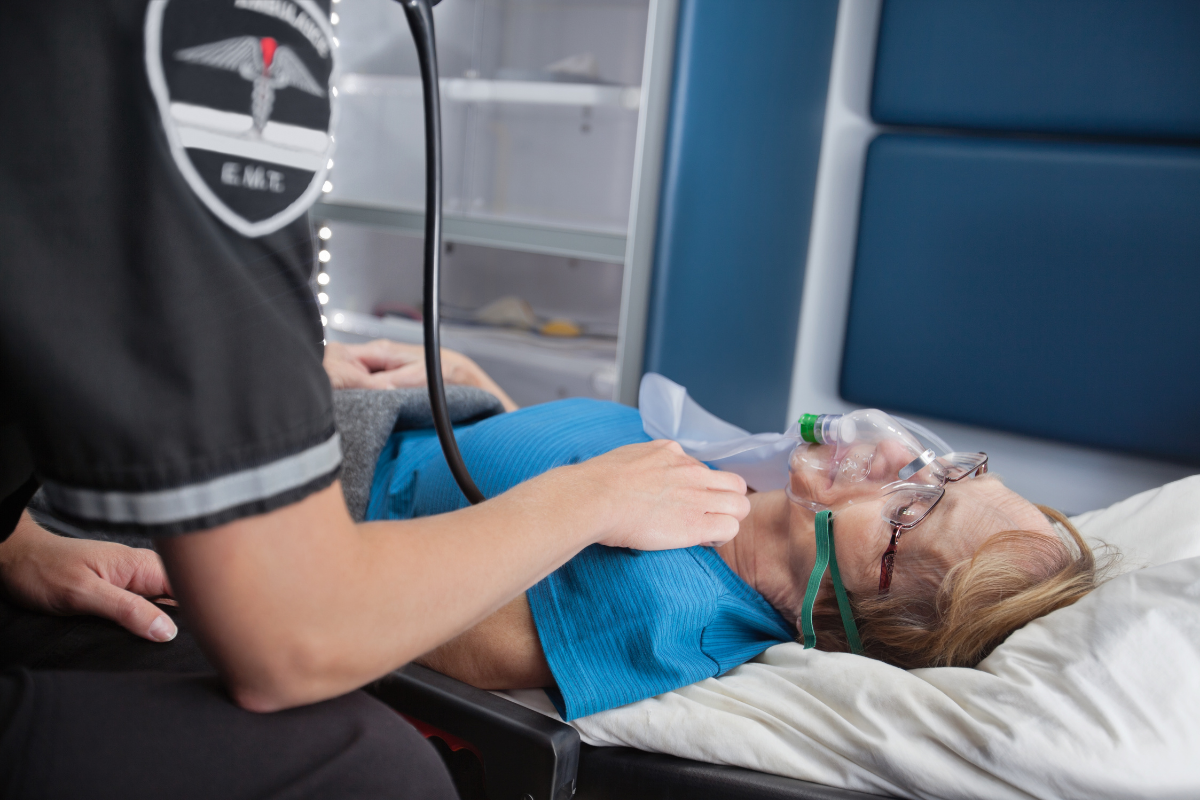The Dangers of Doing Too Much, Too Late

It can be difficult to accept that a serious illness has become a terminal illness. This is true regardless of age or symptoms or disease. This can be true if the illness has only recently been diagnosed or if it’s been a chronic condition.
When faced with a terminal diagnosis, it can be tempting to want to throw every tool modern medicine gives us at the problem. However, patients and families should carefully consider the dangers of doing too much, too late.

The Reality of CPR
If you turn on any popular medical drama, you’re almost guaranteed to see someone performing cardiopulmonary resuscitation (CPR) to pull a patient back from the brink of death. On television, CPR seems like a miraculous cure. The patient’s heart begins beating again, and they walk out the door to a bright future. The reality of CPR, especially for senior patients, is not so rosy.
In order to be successful, CPR must be performed with enough force to compress the chest by two inches at least 100 times per minute. Unfortunately, as we age, our bones become more brittle, which means seniors who receive chest compressions often also receive broken ribs, bruising of the lungs, damage to internal organs and airways, and internal bleeding. This is on top of the issues which caused heart failure to begin with as well as any brain damage caused from oxygen deprivation before the heart began beating again.
Studies have shown that senior patients have a less than 5% chance of surviving long enough to leave the hospital after CPR. While every patient has the right to make their own choices about CPR and Do Not Resuscitate (DNR) orders, it’s important that they understand the potential outcomes and affect on their quality of life when making decisions.

Prioritizing Quality of Life
When diagnosed with a serious illness, physicians will typically offer their patients a range of options for treatment. Some of these treatments may come with side effects that can affect the patient’s quality of life.
For example, when patients are diagnosed with an early stage of cancer, they often decide that the side effects from chemotherapy or radiation are worth it for the chance of a cure. However, when patients are facing a more advanced stage of cancer, the decision may be harder.
Whether a patient chooses to stop treatment for a serious illness because it is no longer working or because they wish to prioritize their quality of life, it is important that they still receive care to manage symptoms like pain, constipation, and nausea.
Hospice care is the patient’s partner in prioritizing quality of life. Once a person begins hospice care, an entire team of professionals joins your physician in creating a care plan to meet the patient’s physical, emotional, and spiritual needs.
To learn more about Crossroads Hospice & Palliative Care and the services we provide, please call 1-888-564-3405.
If you found this information helpful, please share it with your network and community.
Copyright © 2022 Crossroads Hospice. All rights reserved.




